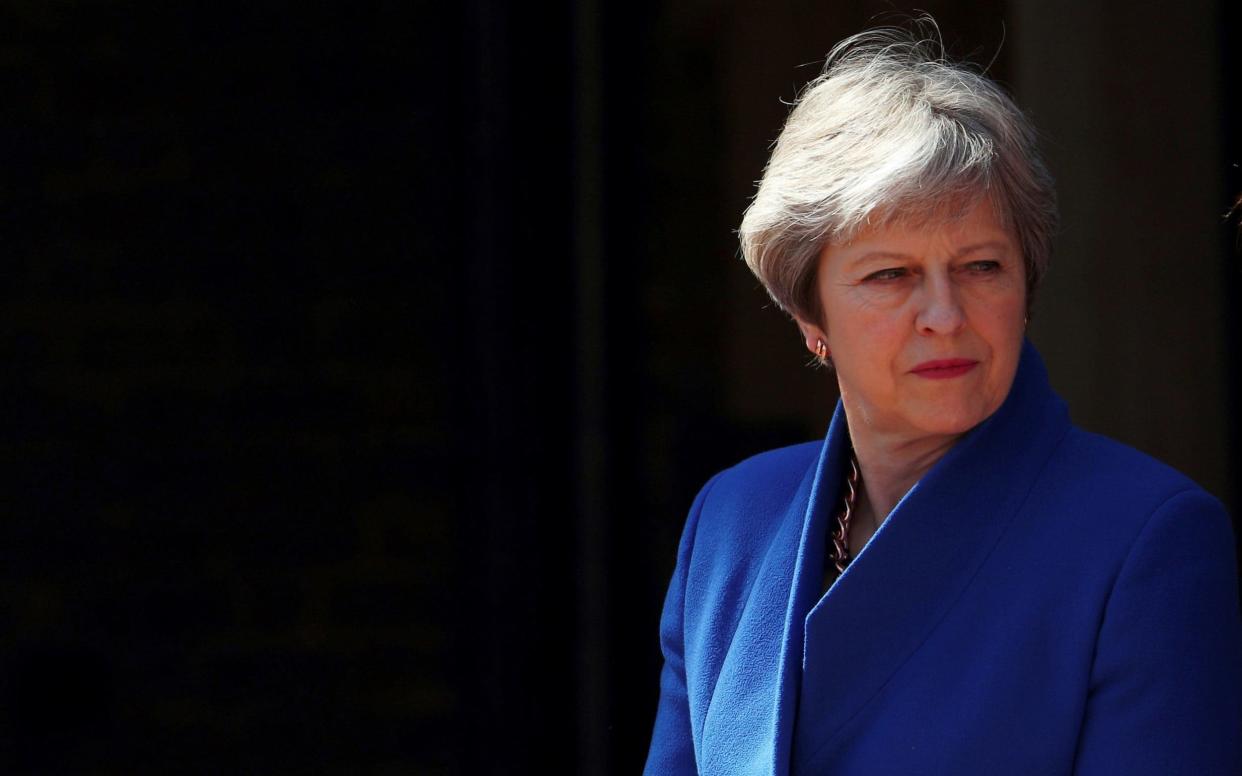Front Bench: Theresa May is being pulled in both directions over the customs union, but Parliament holds the whip hand

A sample of today's Front Bench morning politics email is below. If you like what you see, sign up here. Don't forget to vote in the poll and leave your reasoning in the comments below. The best responses will feature in this afternoon's Brexit Briefing.
Front Bench
Did Downing Street threaten to turn a vote next month on the customs union into a vote of confidence in the Government? The BBC certainly thought so yesterday. If it did then there was some very rapid backtracking. A spokesman for Theresa May claimed it was “absolute mystery” where the idea had come from.
Whatever the truth, it appears to be a sign of nervousness in the Conservative party.
The Cabinet meets this morning, followed by the smaller Brexit “war cabinet” tomorrow. The Telegraph reports that senior Brexiteers are split over whether to continue to pursue a “customs arrangement” plan in Brussels, with concerns that it is unworkable and will only result in Britain defaulting into staying in the customs union.
Parliament is sovereign
Yet, as has continually been the case, what strategy can be pursued in Brussels is dependent on continued support in Westminster.
The sheer size of the legislative task involved in Brexit has created the unusual situation of major moments of contention being telegraphed months ahead of time. While Thursday’s non-binding vote is expected to be a non-event, the binding vote next month has been known about and debated for weeks.
There are now those urging May to bring forward her confrontation with potential customs union rebels to put and end to it as soon as possible. But the reality is that, as Front Bench discussed yesterday, the Parliamentary maths probably favours staying in the customs union. Which brings us back to the confidence vote.
Pyrrhic victories
The exact mechanics of how a vote of confidence would work are a little complicated and untested.
The 2011 Fixed-term Parliaments Act changed the rules and, in theory, there now has to be a 14 day waiting period after a lost vote of confidence, during which another vote (potentially in support of a new government) is able take place to halt an election. But, the PM could merely pledge to resign if she loses the vote. It would then be up to the new leader whether they wanted to try and trigger an election.
It’s also hard to avoid the impression that, with the central plank of her Brexit plan shot to pieces, May might be forced to go after a defeat anyway.
Even if May did win a vote of confidence, she could end up like John Major after his pyrrhic Maastricht victory of 1993 – as I explain in this snappy video. And we all know why May is averse to taking a gamble.
The ghost of socialism yet to come
The shadow looming over all of this is Jeremy Corbyn. Would a government collapse this year see Corbyn in No10 by Christmas? Would the Tories be rewarded for successfully delivering Brexit with a stonking election victory? Those are the options laid out by William Hague in his Telegraph column.
But what of the third option? Might the exhausted Tory party limp across the Brexit finish line, only to hand the opportunity for radical reform over to the hard-Left at a post-Brexit election?
While May took the Tories to their best vote share since Margaret Thatcher’s landslide in 1983, those don’t look like sustainable gains.
As The Times reports this morning, Theresa May is undoing the progress David Cameron made with non-white voters. Lord Cooper of Windrush, a senior Tory strategist, has warned that the party would now find it almost impossible to win in areas with a non-white population above 30 per cent. There will be more than 120 such seats at the next general election. The Conservative party has spent the last 10 months haunted by the spectre of a Corbyn government. But while some MPs seem content to cling on until Brexit delivers a supposedly inevitable election victory, others worry that the Major comparison is becoming all too relevant.
Like what you read? Want more? Sign up for the Front Bench newsletter direct to your inbox every weekday morning. It has all the best political analysis like that above and much more. Sign up her

 Yahoo News
Yahoo News 
